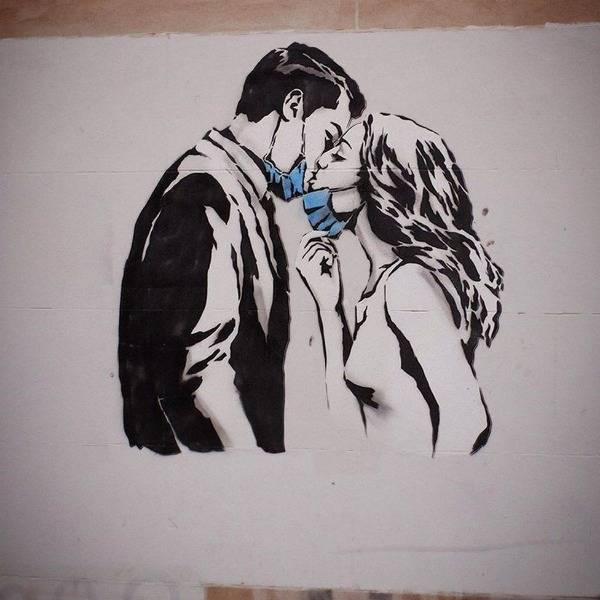
This article is a preview from the Autumn 2018 edition of New Humanist
The Years (Fitzcarraldo) by Annie Ernaux
In this memoir, the French author Annie Ernaux aims “to capture the reflection that collective history projects on the screen of individual memory”. Her scope is the period from her birth in 1940 to 2006, the world she has recorded “merely by living”. The lens through which this projection shines is “the first year of the world”, 1968, with all of its own political hopes and disappointments.
At one point, Ernaux asks herself how much she can identify with the student revolutions of Paris in May ’68, “having been – already – too settled at the time”. But she also remembers it as a moment at which “individuals, whether or not they were intellectuals, were entitled to speak and be heard.” This becomes the point from which she, as a lower-middle-class woman who grew up in a period of restrained sexual hypocrisy, and grew old in one of contraception and hard-won abortion rights, can speak as the “we” by whom the book is narrated. The result is strikingly honest about the mechanics of memory, and the fact that consumerism and personal disappointments take up as much space as elections, terrorist attacks and wars.
In the postwar France of Ernaux’s adolescence, people had already “relied on the acquisition of things to build better lives”, but now “the ideals of May ’68” – of individual liberation – “were being transformed into objects and entertainment.” Ernaux is brilliant on the new textures technology gives to experience, like the “unknown species” of joy associated with the transistor radio and later the Walkman. The internet evokes an “infinite present”, in which the click of the mouse is the measure of time.
The novelist and memoirist Deborah Levy has called The Years “one of the best books you will ever read”. The best test of this is to read a description of an event one also lived through and not resent the presumption of that collective, Greek-chorus-like “we”. But it is not a device without problems: do we agree that Africa is “a discouraging continent”, for instance?
The Years names and evokes Flaubert at various points, and many critics have compared the sensuous evocations of memory to Proust. But Roland Barthes seems most present in the way the book is given rhythm and resource by evocations of photographs, and Ernaux’s sense of memory as above all else a pattern of light and shadow. Now I – and maybe we – hope that Fitzcarraldo publish Alison L. Strayer’s translations of Ernaux’s earlier books too.

